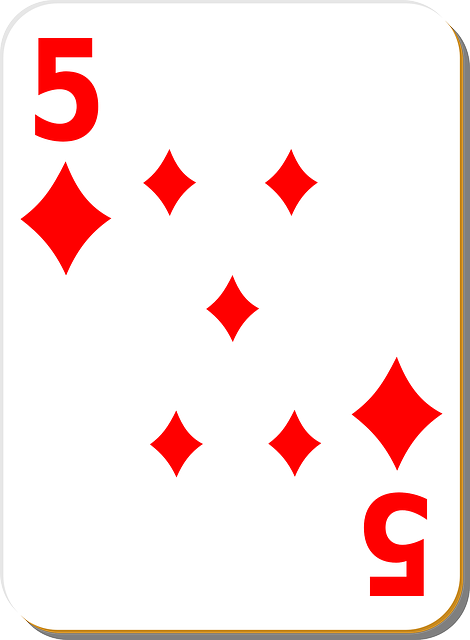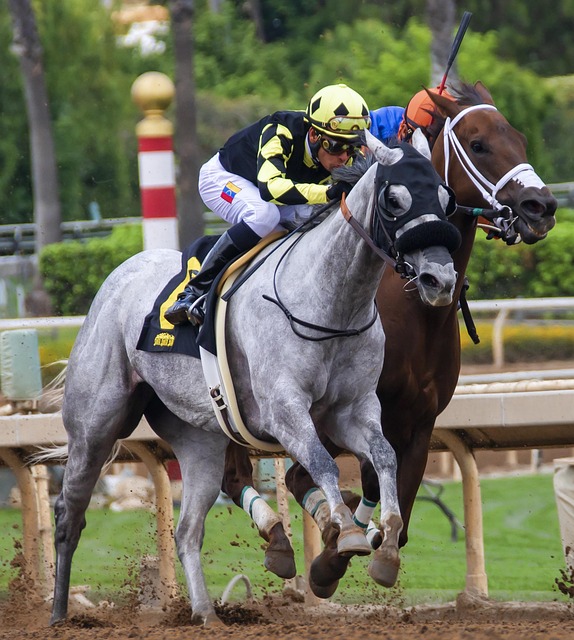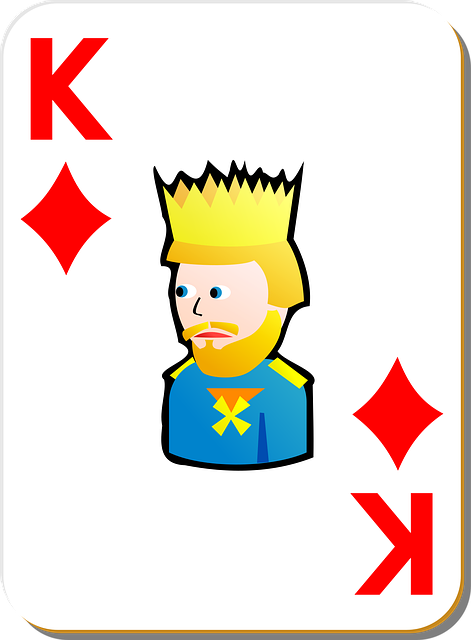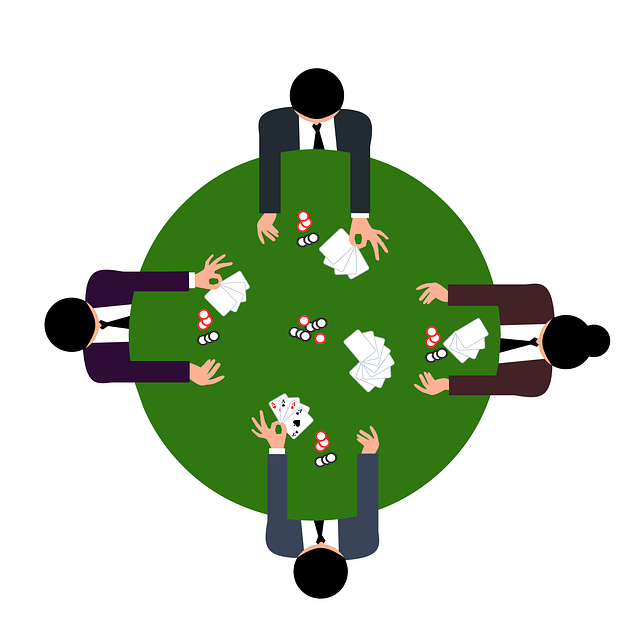Betting odds, expressed as ratios or decimals, communicate event likelihood and potential payouts. Lower odds indicate higher chance of an outcome, while higher odds suggest lower probability but larger potential rewards. Understanding betting odds is vital for strategic, informed decision-making in sports gambling. By comparing odds across bookmakers, managing risk, setting budgets, and considering factors like team dynamics and injuries, bettors can make calculated choices based on sound probability analysis rather than guesswork.
Unravel the mysteries of betting odds! This comprehensive guide aims to demystify the concept, providing a clear understanding for both novice and experienced bettors. We’ll explore what betting odds are, how they function, and why interpreting them is crucial for maximizing your wins. Learn effective strategies to utilize odds information and gain an edge in the world of sports betting. Get ready to make informed decisions with our detailed breakdown of betting odds explained.
What Are Betting Odds?

Betting odds, a fundamental concept in the world of gambling and sports wagering, represent the likelihood or chance that a particular event will occur. They are essentially numerical expressions of this probability. When you place a bet, you’re essentially trying to predict which way the odds will lean—whether your chosen outcome is more or less likely than others. The beauty of betting odds lies in their ability to provide a standardized measure of risk and reward.
For instance, if you back a team to win a match, the odds tell you how much you stand to gain should your prediction prove correct. A shorter price (lower odds) indicates a more probable outcome, while longer odds suggest a less likely result but with potentially higher payouts. This simple yet powerful tool is what makes betting both exciting and strategic, as it encourages fans to engage deeply with the sports they love and make informed decisions while aiming for that coveted payoff.
How Do Betting Odds Work?

Betting odds are a mathematical representation of the probability of an event occurring, expressed as a ratio or decimal value. They serve as a crucial tool for gamblers and sports enthusiasts alike, offering a structured way to assess potential risks and rewards. When you place a bet, the odds tell you how favorable (or unfavorable) it is for your selected outcome to materialize.
For instance, if you back a team to win a match with odds of 2/1 (or 3.0 in decimal format), it means that for every unit stake, you’ll receive two units in winnings if your prediction is correct. This simple concept allows bettors to make informed decisions, comparing the potential payouts against their risk. Understanding betting odds is a game-changer when it comes to navigating the world of sports gambling, ensuring folks can make strategic choices and truly grasp the excitement of predicting outcomes.
Interpreting and Using Betting Odds Effectively

Interpreting and using betting odds effectively is key to making informed decisions as a bettor. Betting odds represent the probability of an event occurring, with numbers reflecting the potential payout relative to your stake. Higher odds indicate a lower likelihood of an event happening, while lower odds suggest greater certainty. For instance, if you see odds of 2/1 (or 3.0) on a favorite team winning, it means you stand to win three times your initial bet.
Understanding these odds allows you to strategize and manage risk. By comparing odds across different bookmakers, you can find the best value for your bets. Additionally, using odds to calculate expected returns helps in setting budgets and evaluating potential gains or losses. Effective use of betting odds involves researching and analyzing events, understanding team dynamics, player injuries, and other factors that could influence outcomes, ensuring your decisions are not solely based on guesswork but informed probability calculations.
Understanding betting odds is a game-changer for anyone looking to make informed decisions at the races or on sports bets. By grasping how odds work, you can interpret value and potential rewards accurately. This knowledge equips you with the tools to make strategic choices, whether it’s backing an unlikely contender or identifying high-value wagers. With this basic understanding, betting becomes less about luck and more about informed risk assessment, potentially enhancing your overall betting experience.






